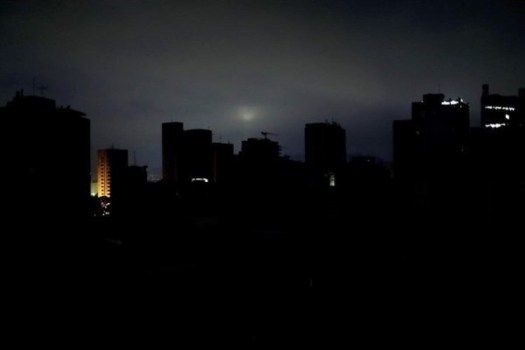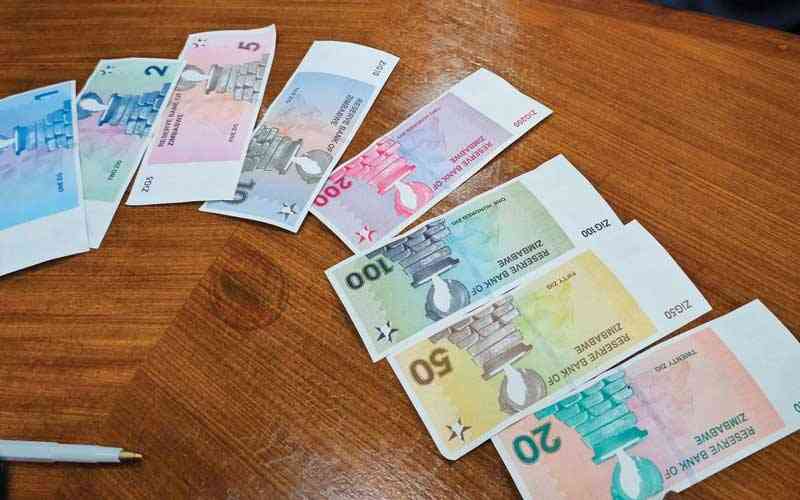
INCESSANT power cuts in Zimbabwe are an indictment on government for failing to stem the tide. Energy and Power Development minister Zhemu Soda and, indeed, Zesa Holdings executive chairman Sydney Gata must step up before citizens run out of patience.
Clearly, we believe one of the reasons why Zimbabwe has failed to cope with energy demands is that the country has perennially been unable to invest in new power-generation projects or maintain the existing ones to produce at optimum capacity.
Even then, Gata must avoid hiring incompetent individuals simply because they will not question his profligacy. Zesa should also nip rampant corruption and pilferage in the bud, especially by senior officials at the expense of the public.
Expansion of existing projects, coupled with establishment of new generation plants would have made Zimbabwe self-sufficient. We are, however, far from that.
Instead, we have had depressing reports that Zesa Holdings is struggling to pay for power imports from neighbouring South Africa and Mozambique.
Whether it is building capacity internally to become self-sufficient or importing from our neighbours to augment supply, both solutions require money.
It is for this reason that Zimbabwe needs to be real, bite the bullet and introduce a cost-reflective tariff.
This will enable the power utility to get out of the rut of perennial losses and create breathing space for the national fiscus.
- Chamisa under fire over US$120K donation
- Mavhunga puts DeMbare into Chibuku quarterfinals
- Pension funds bet on Cabora Bassa oilfields
- Councils defy govt fire tender directive
Keep Reading
If this situation, where Zesa is operating at a loss is allowed to continue, the repercussions will be dire.
No doubt Zesa’s inefficiency has left the country trapped in a power crisis and battling a huge deficit, causing industry to rely on expensive fuel generators.
Some companies had to cut down on shifts, producing only when they have power. The Zimbabwe National Chamber of Commerce estimate that the cost of doing business in Zimbabwe has risen by 150% because of power shortages.
It is not just about availability of power, but the distribution network and Zesa’s ability to quickly connect key clients.
Zesa has lost such capacity and home owners in new residential settlements have to buy their own transformers and poles. This has bred corruption as unscrupulous individuals take advantage of the power utility’s failure.
Potential investors, especially in the energy-intensive mining sector have to think twice before they invest in the country. African Chrome Fields is a good example.
Keeping a ceiling on tariffs that are not cost reflective will result in companies shutting down with massive job losses. Failure to provide consistent adequate power scares away investors. For a country whose foreign direct investment has plunged from US$717,1 million in 2018 to about US$150 million in 2020, this is untenable.
This is frightening and unless government makes Zesa commercially viable to provide adequate power, of which introduction of a cost-reflective tariff is among the many solutions, we are doomed.











